Getting a sore throat really sucks, particularly if you’re on vacation.
Eating and drinking can be uncomfortable, and it can make you feel downright miserable.
Many things can cause sore throats, but if you’re suffering from one after you’ve been snorkeling, could it be that which caused it?
We are going to see that there are ways that snorkeling might indirectly cause a sore throat.
The most common way is through dehydration or dry mouth.
It could also be possible to pick up an infection from sharing the snorkel or from the water.
We’re going to take a detailed look and see how you can avoid a snorkeling sore throat in the future.
- 8 Reasons Why Snorkeling Can Cause a Sore Throat
- Is It Common for Snorkelers To Get a Sore Throat?
- What Should I Do if I Notice a Sore Throat While Snorkeling?
- How Long Will the Soreness Last After Snorkeling?
- How Can I Tell if My Sore Throat Was Caused by Snorkeling?
- 6 Tips To Avoid a Sore Throat When Snorkeling
- Is It OK to Snorkel With a Sore Throat?
- Conclusion
- You Might Also Like…
Disclosure: this post contains affiliate links (clearly marked with ), which means we may earn a commission if you buy something through them, at no additional cost to you.
8 Reasons Why Snorkeling Can Cause a Sore Throat
1. Dry Throat
Snorkeling can cause you to get a dry throat which, in turn, gives you a sore throat.
When using the snorkel, you can be in a face-down position for a long time.
Your position means that your saliva will come to the front of the mouth, and you end up spitting it out or blowing it out through the snorkel when you clear it.
This means that you’re not swallowing as much saliva as usual, which, together with breathing in the salty air, can leave your throat dry.
A dry throat can quickly become a sore throat, especially when combined with other factors.
2. Dehydration
Dehydration when snorkeling is one of the most common problems you can suffer.
It’s not always easy to realize that you’re getting dehydrated when you snorkel.
The cooling water stops you from recognizing that you are actually sweating.
Dehydration can reduce your saliva production, which can cause a sore throat.
3. Sea Water
Seawater could cause a sore throat in two ways.
Firstly for some people breathing in saltwater air intensely when snorkeling can cause a sore throat.
More common, however, is accidentally swallowing some saltwater.
Breathing in or swallowing saltwater will often cause a sore throat.
4. Pollution
Unfortunately, especially in areas with intense tourism, the water you are snorkeling in may not be the cleanest.
Even on reefs far out at sea, boats often dump effluent into the water, which can cause a throat infection if you are snorkeling and swallow some water.
5. Infection From Equipment
Unfortunately, it’s typical for masks and snorkels, particularly rental equipment, to get thrown into one rinse tank between snorkel stops.
Sharing equipment with other people or cross-contamination in the rinse tank can cause you to get an infection and a sore throat.
6. Cold
It can be easy to get cold while snorkeling.
If your head and neck, in particular, get cold, then you could end up with a sore throat.
7. Leaking Snorkel or Poor Technique
If your snorkel is a tired rental model, it is more likely to leak than if you use your own dry snorkel.
Additionally, if you’re a beginner, or if you’re just not concentrating, it’s easy to end up getting water in your snorkel.
Constantly getting water in your snorkel is a sure way to end up with a sore throat.
8. Rare Medical Conditions
There is one, thankfully rare, medical condition that can cause severe issues, including a sore throat, when snorkeling.
Swimming-induced pulmonary edema (SIPE) will usually cause shortness of breath, excessive fatigue, or extreme coughing when in the water, in addition to a sore throat.
If you suffer from these, you should get out of the water and get checked by a medical professional.
Is It Common for Snorkelers To Get a Sore Throat?
It’s relatively common for beginners to end up with a sore throat after snorkeling.
For several reasons, beginners will probably get water in their snorkel or mouth more often than those who are better practiced in the water.
Beginners are also more likely to use shared rental equipment rather than their own, which could cause an increase in infection risk.
Additionally, more experienced snorkelers are less likely to get dehydrated or cold in the water.
In general, becoming a more comfortable and experienced snorkeler will probably mean sore throats are less likely.
What Should I Do if I Notice a Sore Throat While Snorkeling?
The best thing to do is to head back to the shore and get yourself hydrated.
For most people, a dry throat or swallowing some saltwater will be the most common cause of a sore throat.
Getting some fluids, including warm drinks, will probably help you.
If, after an hour or so, your sore throat isn’t better, then it’s probably time to skip the rest of the day snorkeling.
Seek medical advice just in case it is something more serious.
How Long Will the Soreness Last After Snorkeling?
How long your sore throat will last depends on what has caused it.
If, after drinking plenty of fluids, including soothing warm drinks, the soreness doesn’t go away, then it’s a good idea to get checked by a doctor in case you have an infection that needs treating.
How Can I Tell if My Sore Throat Was Caused by Snorkeling?
It’s difficult to know for sure if snorkeling caused your sore throat.
However, if you’ve had one repeatedly after you snorkel, then there is probably a connection.
Use our list of potential causes and see if you can narrow down what might be the cause.
6 Tips To Avoid a Sore Throat When Snorkeling
1. Make Sure That You Are Well Hydrated
It’s easy to get dehydrated when snorkeling and not realize it until it’s too late.
Make sure that you drink plenty of hydrating fluids before and after each snorkel session.
If you’re going to be in the water for anything more than about 45 minutes, it’s a good idea to take a water bottle with you so you can drink as you go.
2. Get a Good Snorkel
Rental equipment may not be in the best condition, and it also may not be adequately cleaned.
Having your own snorkel means that you will be the only one that uses it, and you can keep it clean to reduce the risk of infection.
Getting a good-quality dry snorkel will mean that you are less likely to end up swallowing seawater.
3. Clean Equipment Properly Between Snorkel Stops
While it can be difficult on a snorkel boat to disinfect your equipment every time, there are still some things you can do to reduce the risk of cross-infection.
Rather than dropping your mask and snorkel into a shared water tank, rinse them carefully with freshwater and keep them separate.
Some careful snorkelers will carry a light disinfection solution with them to clean their gear.
4. Avoid Difficult Conditions if You’re a Beginner
The more challenging the conditions are, the more likely you are to swallow some saltwater which could cause a sore throat.
Beginners should follow our snorkeling tips and stay in calmer waters where they can feel comfortable.
5. Consider Gargling After Your Snorkeling
Busier areas where there is a lot of tourism can be prone to pollution levels in the water that can cause sore throats.
Some snorkelers like to carry antiseptic mouthwash so they can gargle and rinse their mouth and throat when they get back to the boat or shore.
6. If It’s Cold, Wear a Hood
Wearing a hood that has neck protection can help keep this vulnerable area warm.
Keeping your neck warm can help to reduce sore throats if you are snorkeling in colder water or for more extended periods.
Is It OK to Snorkel With a Sore Throat?
The one thing that we can say is that your sore throat is likely to get worse if you continue snorkeling.
If you do continue, make sure that you limit how long you’re in the water.
Ensure that you stay well hydrated. Clean your gear carefully, and don’t share it.
In general, it is probably best to avoid snorkeling if you have a sore throat and let it clear up.
You’re much more likely to enjoy your snorkeling if you’re feeling 100%.
Conclusion
There are a few different ways that snorkeling could cause a sore throat.
As many sore throats are caused by swallowing saltwater, beginners should follow our tips to be less likely to have a problem.
Avoid sharing snorkeling equipment, and make sure that you clean your mask and snorkel properly between each session.
Keep warm and, most importantly, make sure that you stay well hydrated.
If you do end up with a sore throat, it’s best to rest and, if necessary, seek medical attention rather than continuing snorkeling.
You Might Also Like…
-

Can You Drown Snorkeling? 11 Common Reasons (+Helpful Tips)
-

Can I Use Snorkeling Fins for Bodyboarding? Pros & Cons (+6 Tips)
-

What Colors to Avoid When Snorkeling? (& Which You Should Wear)
-

Is It Safe to Fly After Snorkeling? What You Should Know (+4 Tips)
-
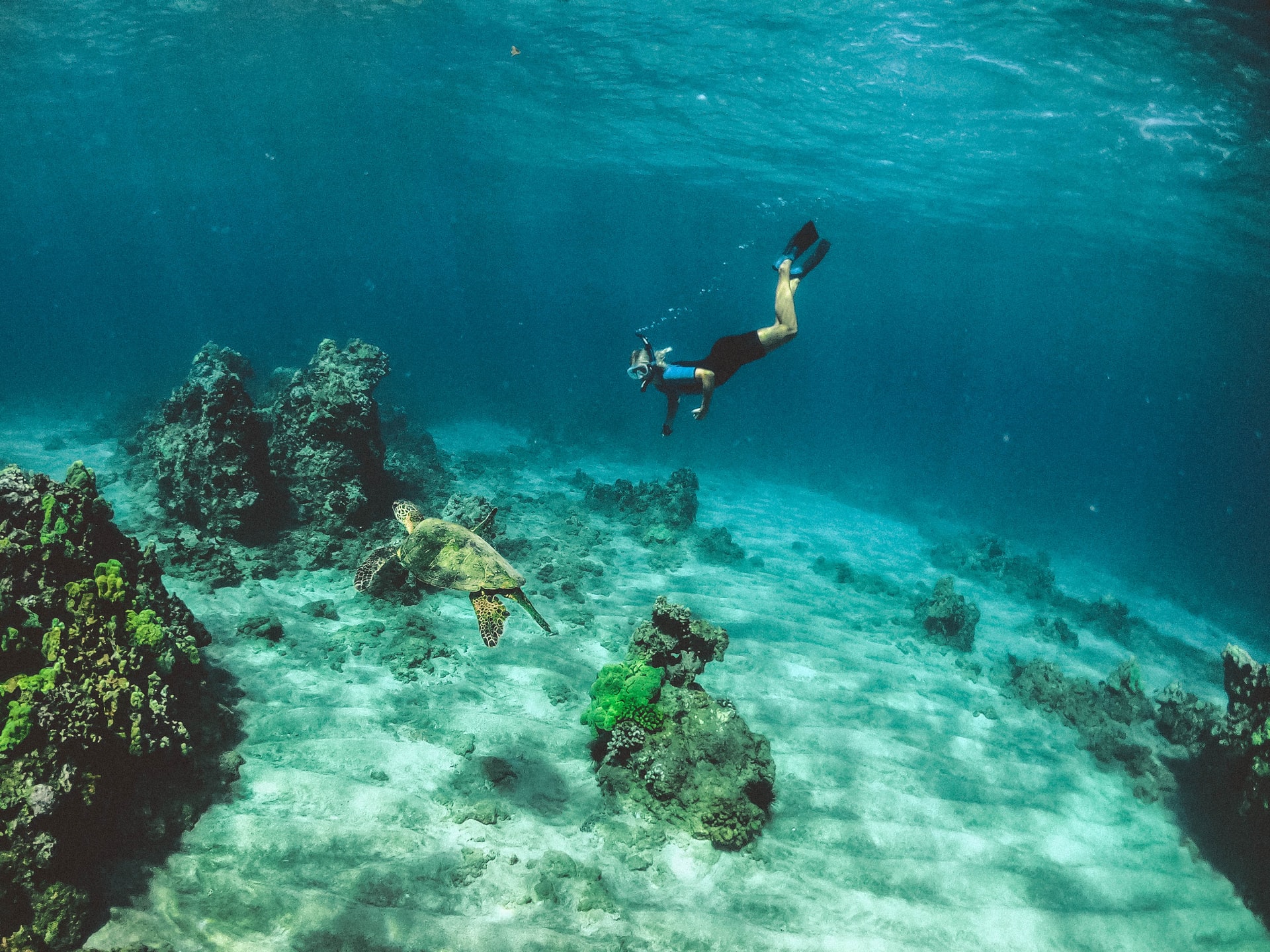
Can’t Hear After Snorkeling? 3 Possible Causes (& Solutions)
-
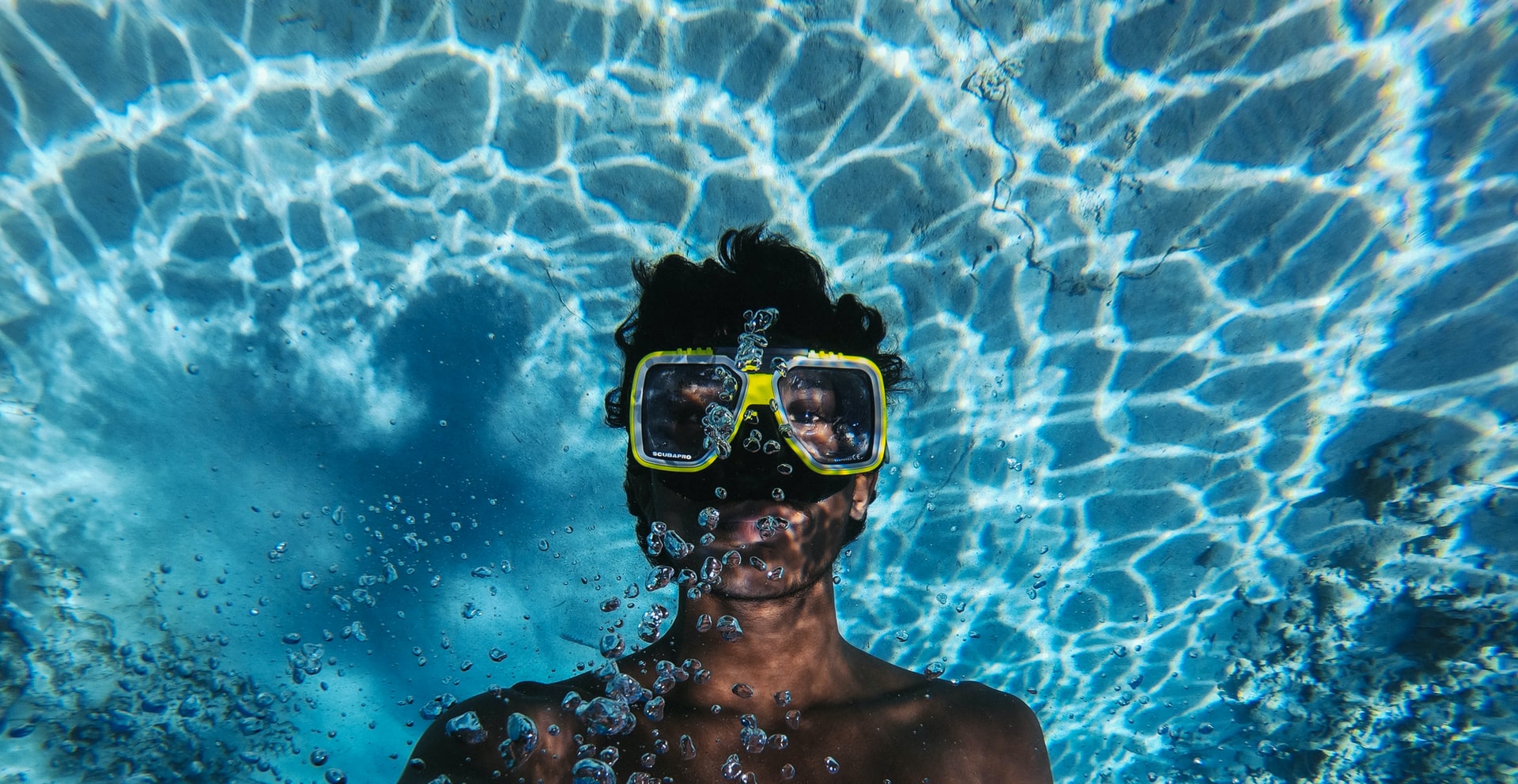
Can Snorkeling Cause a Sinus Infection? (+9 Tips to Avoid It)
-
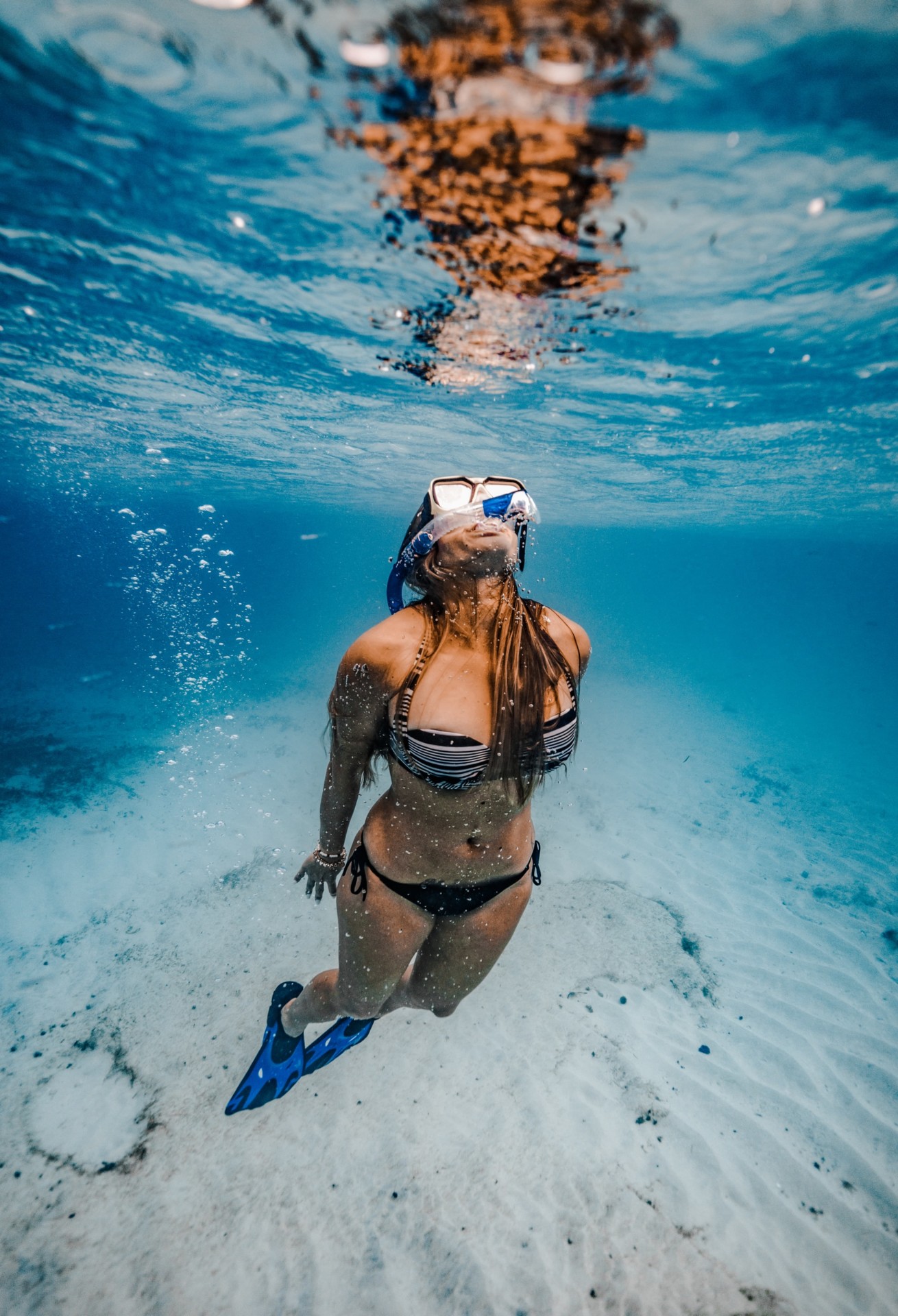
Can Snorkeling Cause a Sore Throat? 8 Common Causes (+Tips)
-
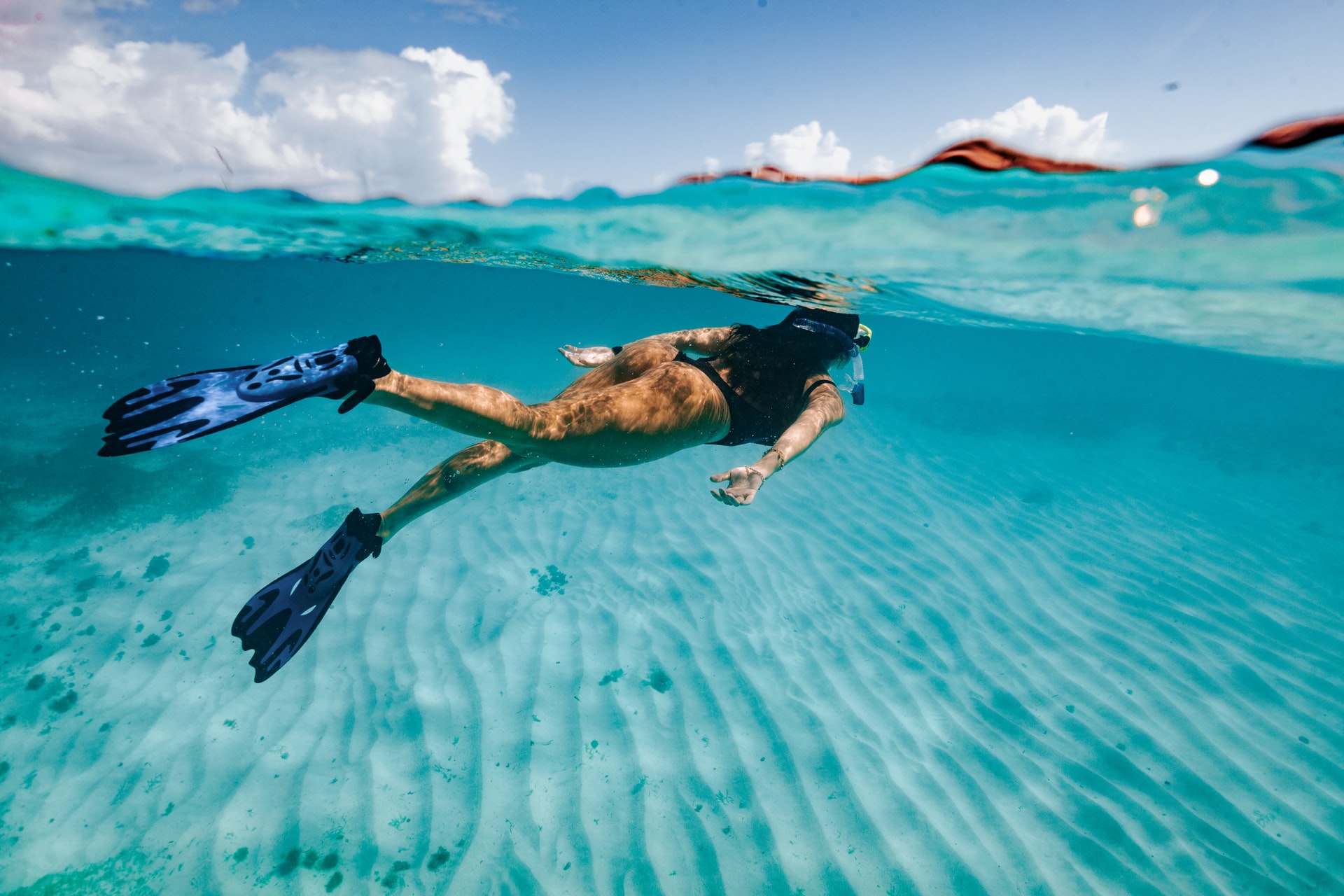
Can Snorkeling Cause Vertigo? (+8 Tips to Avoid It)
-
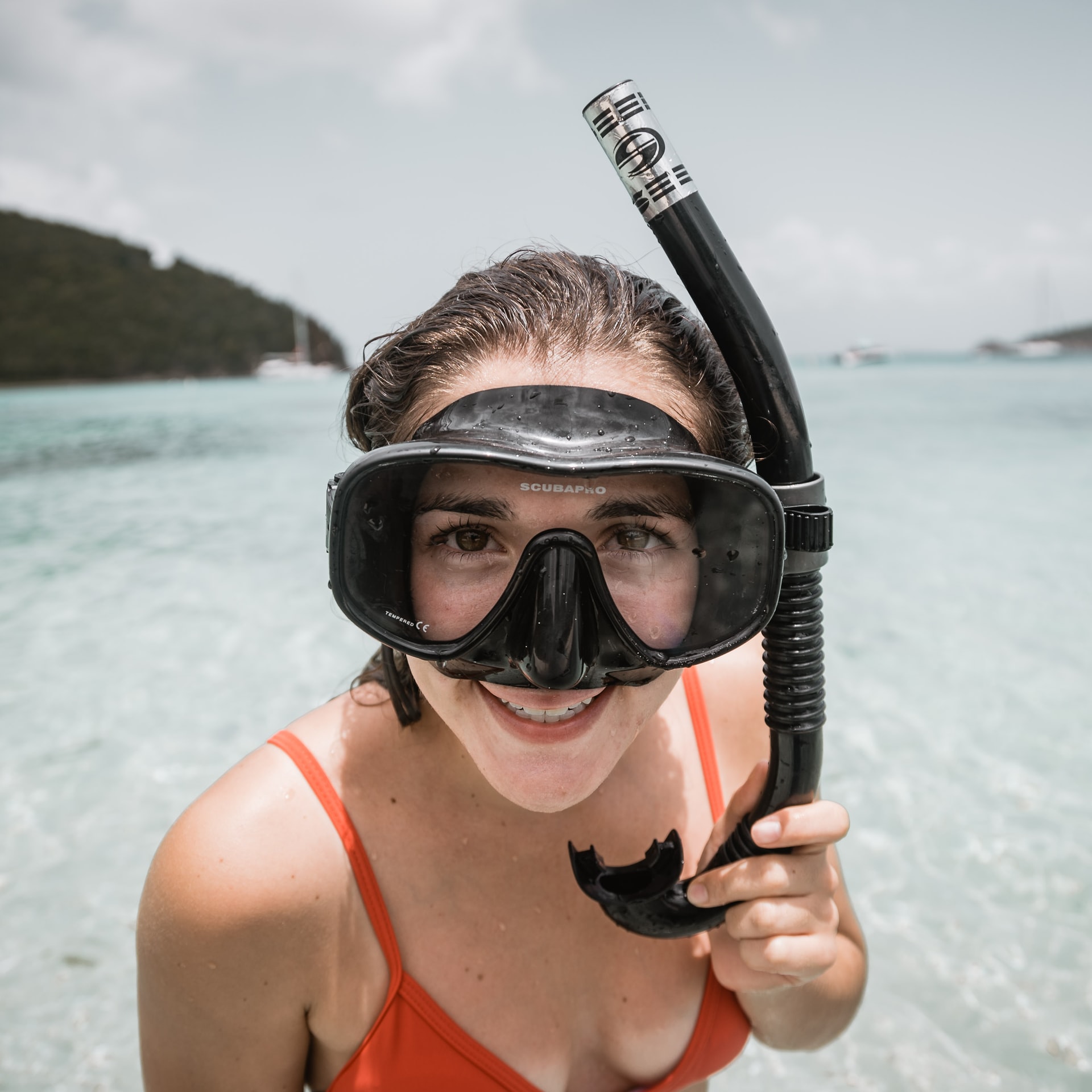
How Do Snorkel Masks Work? (+Regular Vs. Full-Face Masks)
-
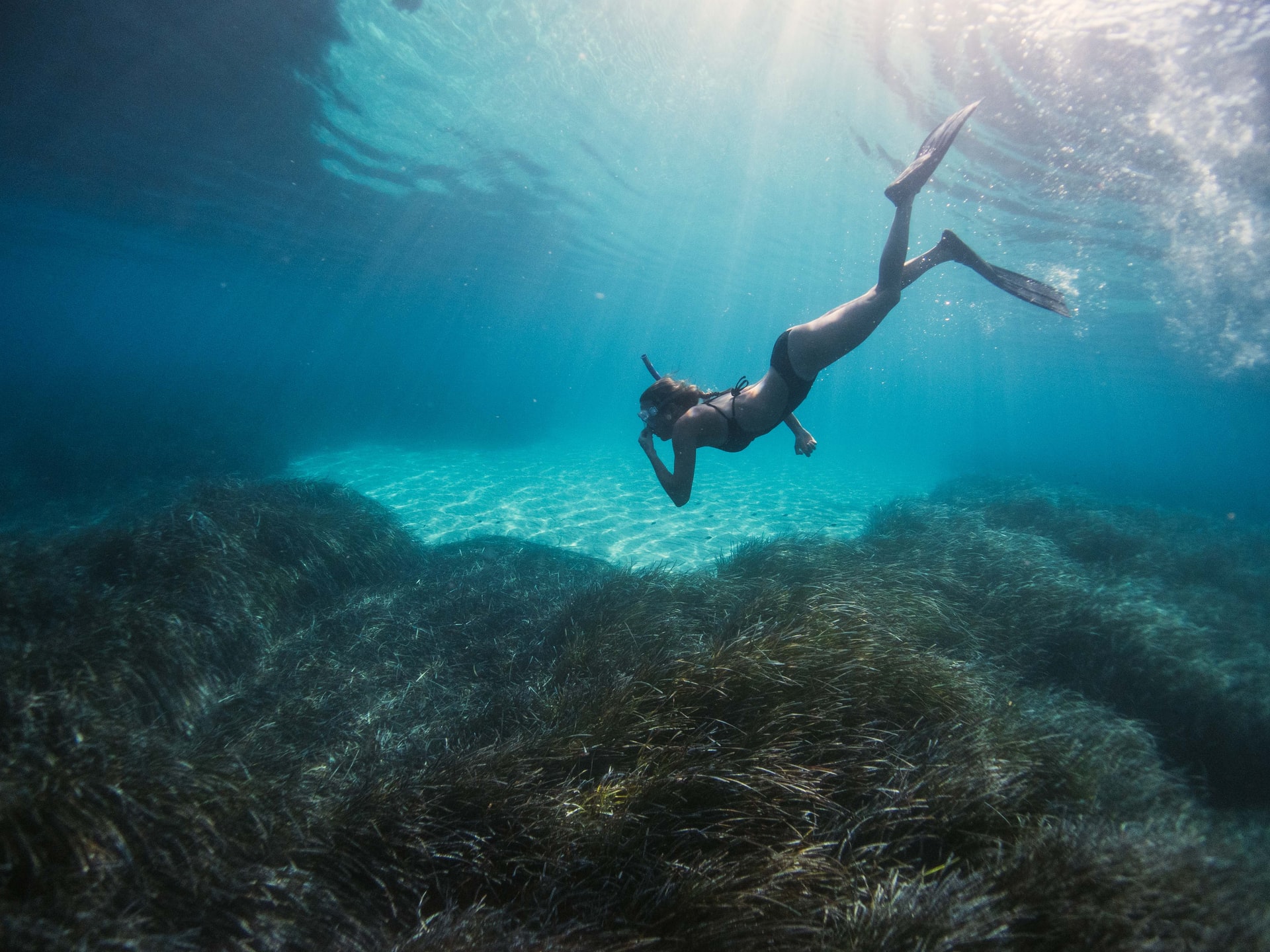
Why Does Snorkeling Make Me Nauseous? (11 Causes & Remedies)
-
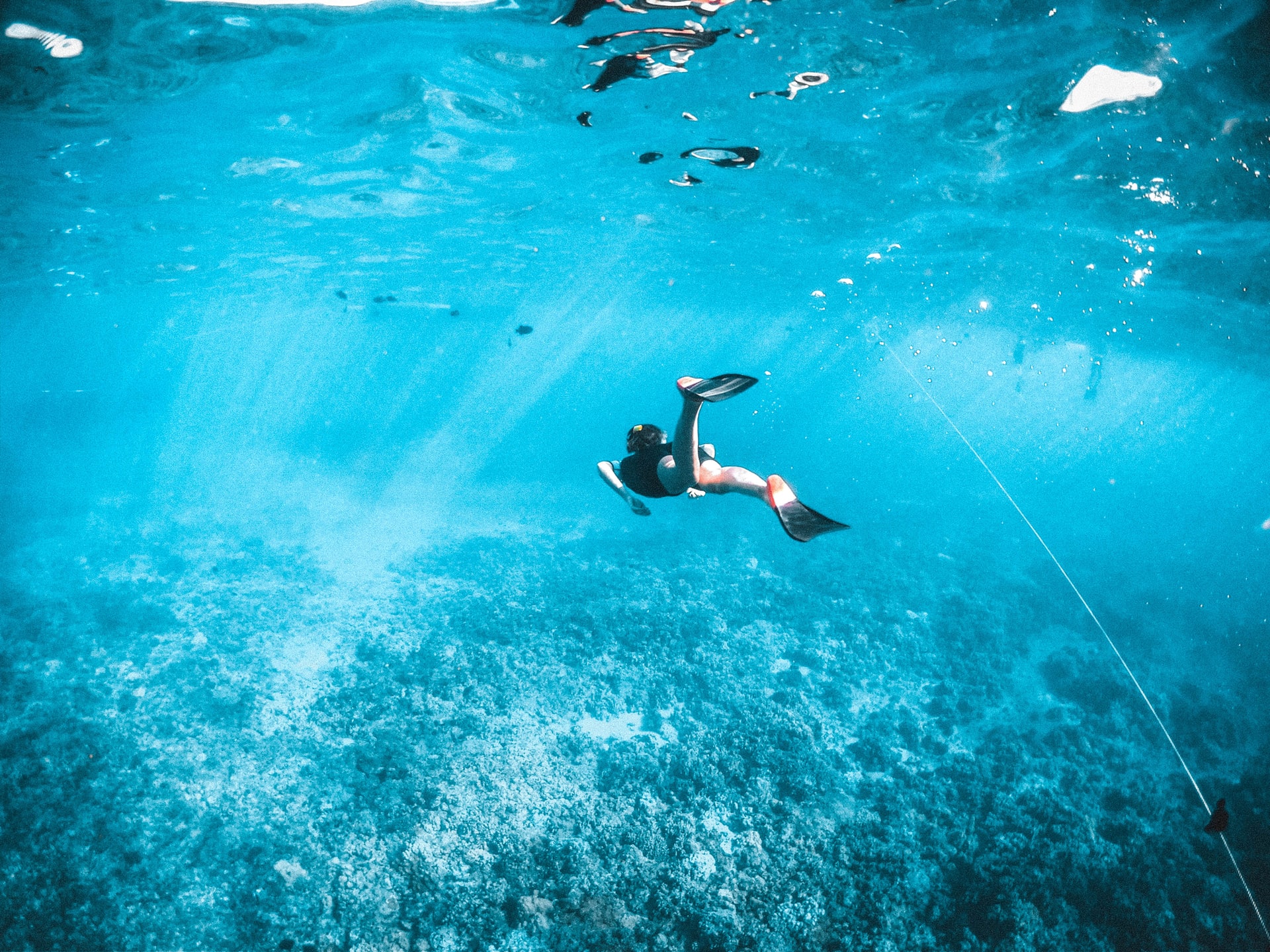
What Does Snorkeling Feel Like? FAQs Answered (for Beginners)
-
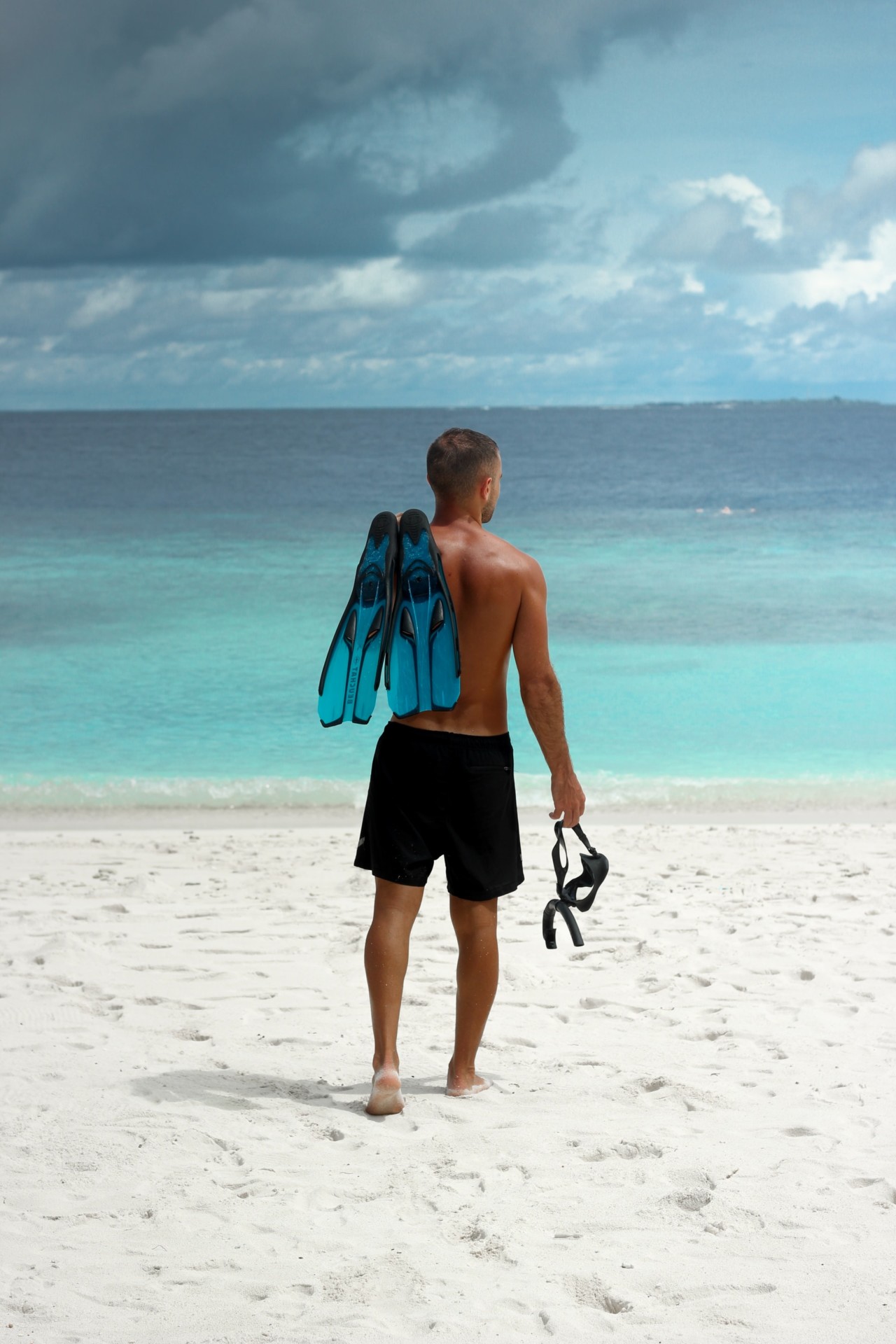
Does Rain Affect Snorkeling Visibility? 4 Ways It Does (+Helpful Tips)







